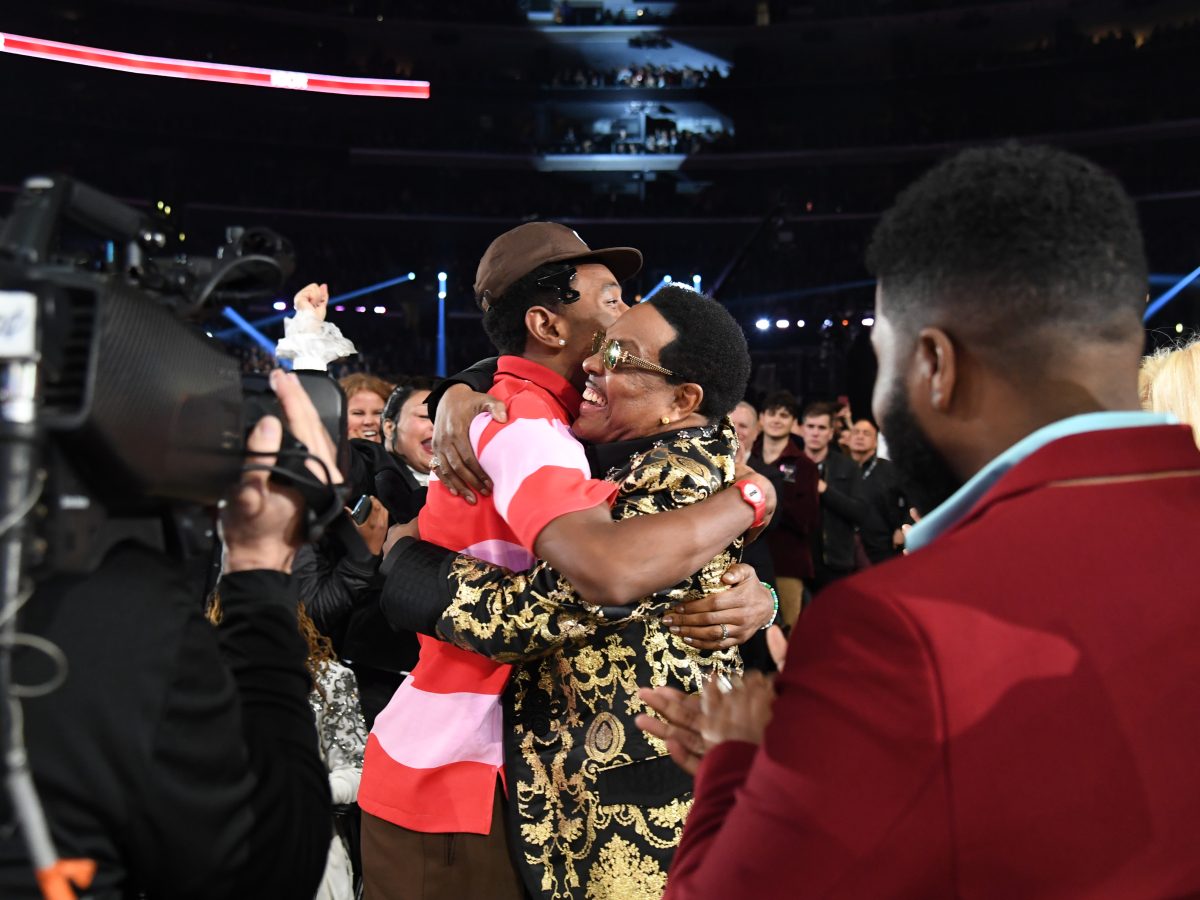
The monumental career of Charlie Wilson, spanning over five decades, defines him not just as a musician but as a cultural institution. While older fans revere him as the iconic lead vocalist of the Gap Band, an architect of funk and R&B responsible for a catalog of timeless hits, a new generation has embraced him by a warmer, more familiar title: Uncle Charlie. This affectionate nickname, popularized by Snoop Dogg during Wilson’s vital career resurgence in the early 2000s, transformed his public identity. Snoop’s endorsement inspired countless other artists and fans to follow suit, cementing Charlie Wilson’s status as the beloved, elder statesman of the music industry. His enduring musical influence and continued presence on the charts remain unmatched, positioning Mr. ‘Charlie, Last Name Wilson’ as a highly sought after collaborator across multiple eras. This remarkable longevity and cross generational appeal provoke a fascinating inquiry: what makes Charlie Wilson Gen Z’s favorite feature artist, and how has he managed to not only influence but actively participate in the soundscapes of musicians several decades his junior?
Wilson’s continued demand highlights a powerful, continual bridge between the foundational sounds of funk and soul and the texture of modern Hip Hop and R&B. Securing his vocals on a track is akin to receiving a golden ticket in the music industry; it instantly lends authenticity, warmth, and history to a song. His presence is felt across major generational hits. This ranges from the essential Millennial anthem, Snoop Dogg and Pharrell’s 2002 track ‘Beautiful,’ to defining Gen Z chart toppers. Consider collaborations with artists like Tyler, The Creator on tracks such as ‘Earfquake’ and ‘Boyfriend,’ Chika’s soulful ‘Can’t Explain It,’ or Don Toliver’s moody cuts like ‘If I Had’ and ‘Attitude.’ In every instance, Charlie Wilson adapts his voice to the modern production while elevating the emotional core of the song. He does not simply make a guest appearance; he integrates his style fully.
The admiration from these younger artists is often overwhelming and completely sincere. During Tyler, The Creator’s Coachella headline set, for example, the rapper paused his performance of ‘Earfquake’ to pay tribute to Wilson. Tyler told the massive crowd, “Every time I write a goddamn song with vocals, I copy this n— right here! The m—- greatest, the legend, this n— is still up here killing it, man.” Such a candid public declaration from an artist who defines the Gen Z aesthetic underscores Wilson’s role not just as a collaborator, but as an undeniable, foundational blueprint for contemporary vocal writing and delivery. Even when he is not physically on a record, younger artists often channel his signature control and smooth cadence, making his influence pervasive across the current soundscape.
The value of collaboration with Charlie Wilson extends far beyond the studio recording. Younger Gen Z artists gain invaluable access to his wisdom, effectively receiving mentorship in real time. Wilson freely shares decades of knowledge about the music industry and imparts the deep passion for performance that has kept him relevant. Rapper Aminé once highlighted this benefit, noting that during their session, Wilson strongly encouraged him to fully utilize his talent and that he was profoundly impressed by Wilson’s flawless vocal performance during the recording. This mentorship component adds a layer of depth to the collaboration that is rare in modern music production, grounding the younger generation in the craft’s history and dedication. His willingness to guide and motivate new talent reinforces his “Uncle Charlie” status in a substantive way.
Ultimately, the question remains: why is Gen Z so consistently drawn to Charlie Wilson’s distinct vocals? The answer lies in his mastery as a pioneer of modern R&B. Wilson’s singing is characterized by his unmistakable cadence, his flawless control, and his pure, emotional tone. He is a technical marvel, known for his iconic, dynamic vocal runs and a sense of pitch that remains perfected even after years of touring and recording. This consistency has kept him as a living blueprint for countless contemporary vocalists. He possesses a unique ability to adapt his timeless vocals to the trap beats, dreamy synthesizers, and unconventional structures of modern production without ever compromising his distinctive stylistic identity. Unlike some legacy artists who struggle to integrate, Wilson consistently finds new ways to stay relevant each decade while staying completely true to his sound, proving himself as an artist’s artist. From the contemporary R&B styling of Don Toliver to the alternative sound of Amaarae, Gen Z seemingly cannot get enough of Charlie Wilson’s musical genius. His unwavering demand proves him to be the most sought after collaborator capable of blending the soulful power of old school R&B with the unique aesthetics of the newest generation, adding his foundational touch to some of the biggest tracks released across several decades.